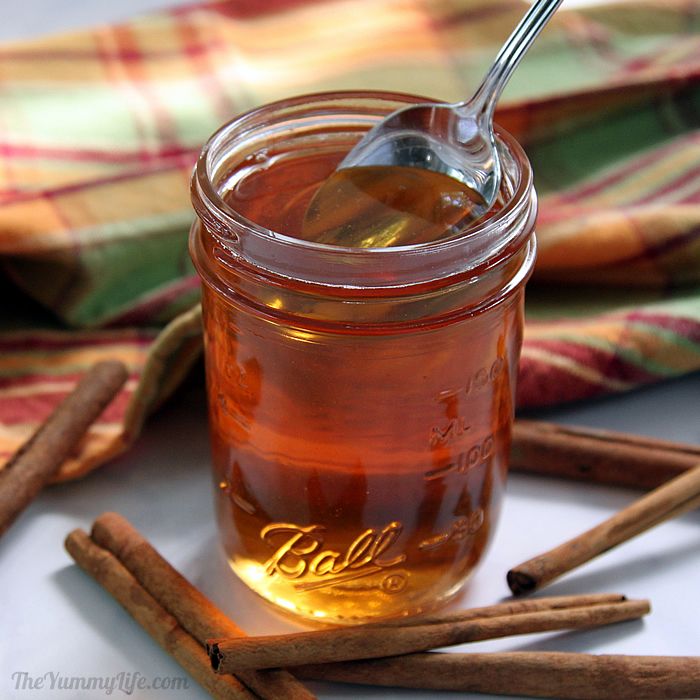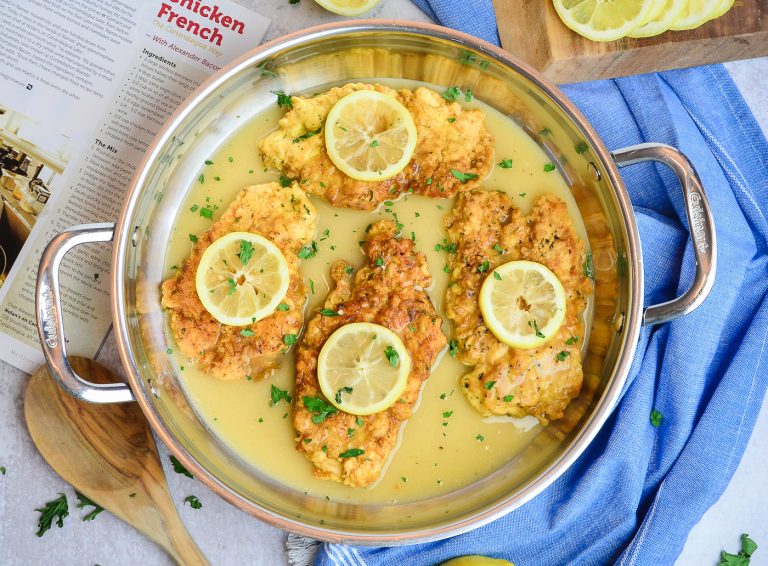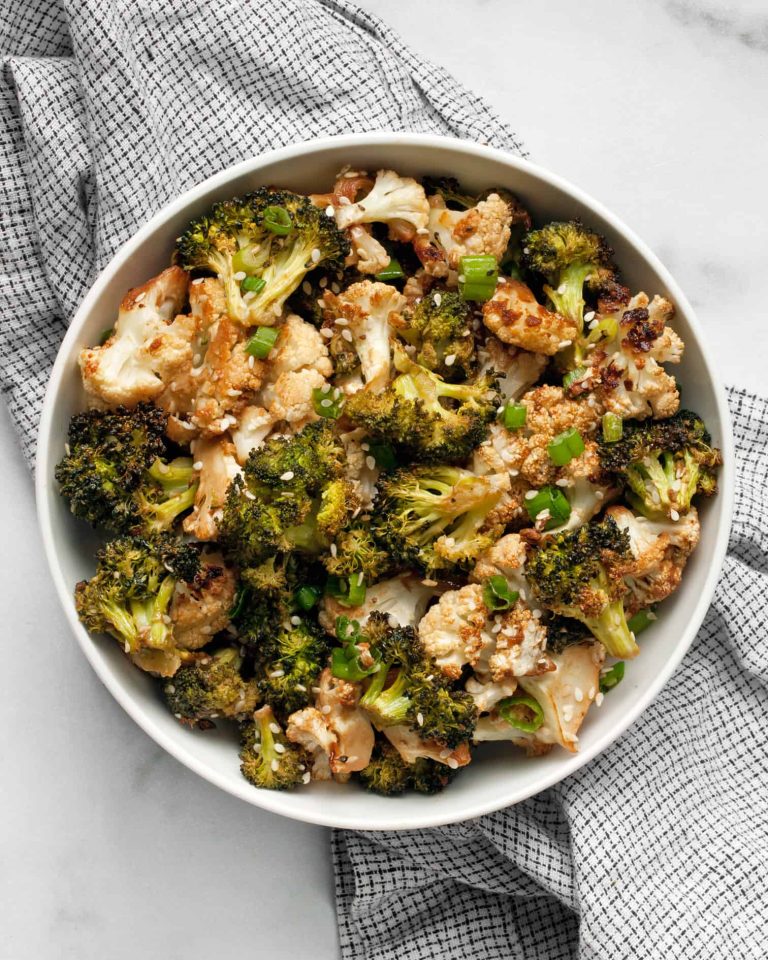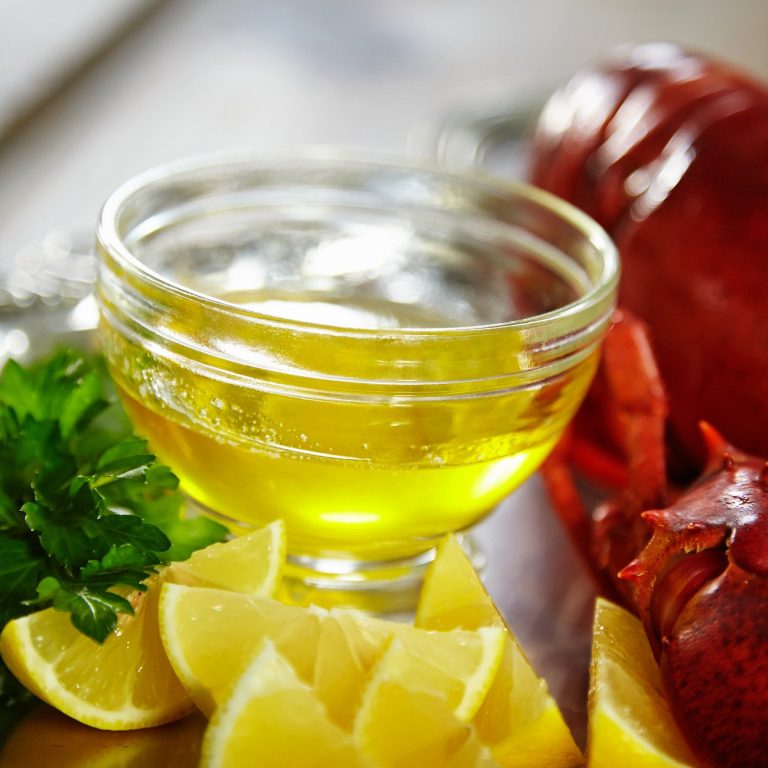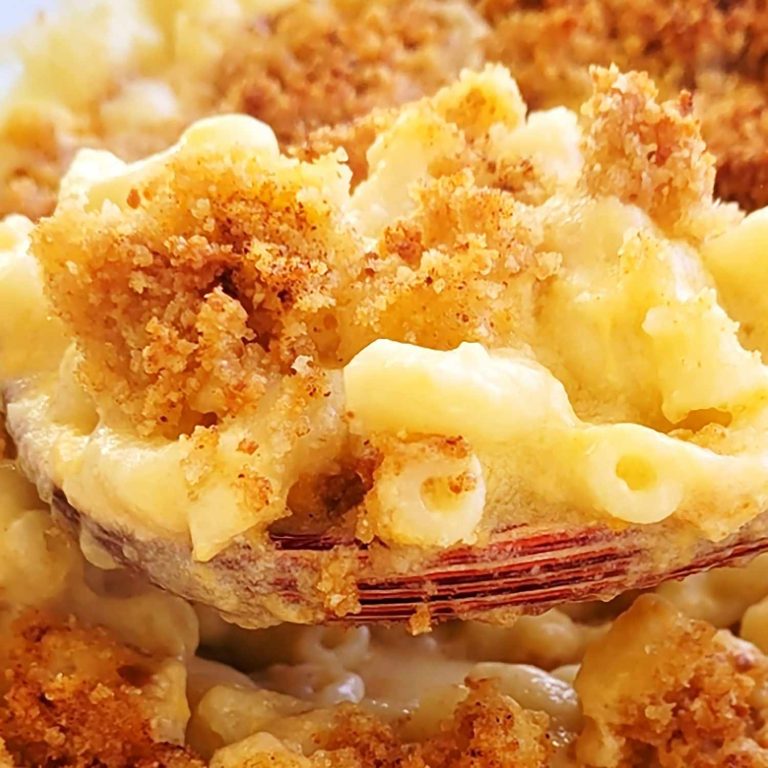Cinnamon Syrup: History, Benefits, and Homemade Recipes
Cinnamon has been used for thousands of years, with origins tracing back to ancient Egypt. Initially, it served both culinary and medicinal purposes. Cinnamon became a highly prized spice in medieval Europe, often more valuable than gold. The earliest recorded use of cinnamon syrup can be found in Middle Eastern cultures, where it flavored desserts and beverages. Combining cinnamon with sugar and water, the basic components of cinnamon syrup, created a versatile, sweet condiment that spread through various cuisines over centuries.
Popular Uses in Cuisine
Cinnamon syrup enhances the flavor profile of various dishes and beverages. In baking, it’s ideal for drizzling over pancakes, waffles, and French toast. It’s frequently added to coffee, tea, and cocktails for a warm, spicy note. Chefs use it in glazes for meats like ham and as a sweetener in sauces for desserts, including ice cream and cakes. In savory dishes, cinnamon syrup’s unique sweetness accentuates roasted vegetables and stews, providing a balanced and aromatic depth. For instance, cinnamon syrup is a key ingredient in many holiday recipes, adding festive warmth and richness.
Health Benefits of Cinnamon Syrup
Antioxidant Properties
Cinnamon syrup contains high levels of antioxidants which help combat oxidative stress. Antioxidants protect your cells from damage caused by free radicals. Free radicals can lead to chronic diseases and aging. In one study, researchers found that cinnamon ranks among the top seven spices for antioxidant activity. Including cinnamon syrup in your diet could offer these protective benefits.
Potential Blood Sugar Regulation
Consuming cinnamon syrup may aid in regulating blood sugar levels. Some evidence suggests that cinnamon can improve insulin sensitivity. Improved insulin sensitivity helps your body manage blood glucose more effectively. In various studies, participants saw reduced fasting blood glucose levels after consuming cinnamon. If you integrate cinnamon syrup into your diet, you could experience better blood sugar control, especially beneficial for those managing diabetes.
How to Make Homemade Cinnamon Syrup
Required Ingredients
To make homemade cinnamon syrup, gather these ingredients:
- 1 cup granulated sugar
- 1 cup water
- 3 cinnamon sticks
- 1 tsp vanilla extract (optional)
- Combine Sugar and Water: In a saucepan, combine 1 cup of granulated sugar and 1 cup of water. Stir to dissolve the sugar partially.
- Add Cinnamon Sticks: Place 3 cinnamon sticks into the mixture. Ensure they’re fully submerged.
- Heat Mixture: Heat the mixture over medium heat until it begins to boil. Stir frequently to prevent sticking.
- Simmer and Infuse: Once boiling, reduce the heat and let it simmer for 10 minutes. This infuses the syrup with a strong cinnamon flavor.
- Remove from Heat: Remove the saucepan from the heat. Let the syrup cool for a few minutes, allowing the flavors to meld.
- Add Vanilla Extract: If desired, stir in 1 tsp of vanilla extract for added depth of flavor.
- Strain and Store: Strain the syrup to remove the cinnamon sticks. Pour the syrup into a sterilized jar or bottle. Store in the refrigerator for up to one month.
This method ensures you achieve a rich, flavorful cinnamon syrup suitable for various recipes and beverages.
Comparing Store-Bought and Homemade Cinnamon Syrup
Flavor Differences
Store-bought cinnamon syrup often contains preservatives and artificial flavors. These additives can mask the true essence of cinnamon, resulting in a less authentic taste. In contrast, homemade cinnamon syrup offers a purer flavor profile. Using real cinnamon sticks and fresh ingredients, you can control the richness and depth of taste. For instance, homemade versions usually provide a more robust and nuanced flavor, enhancing both sweet and savory dishes significantly.
Cost Effectiveness
Homemade cinnamon syrup can be more cost-effective than its store-bought counterpart. While the initial investment in ingredients like cinnamon sticks, sugar, and water may seem higher, these items often produce larger batches of syrup. Consequently, you get more servings for your money. Store-bought syrups, available in smaller quantities, tend to be pricier per ounce. Additionally, making syrup at home allows you to use common pantry staples, further reducing costs over time.
Conclusion
Cinnamon syrup is a versatile and historically rich addition to your culinary arsenal. Whether you’re enhancing your morning coffee or adding a special touch to holiday recipes, this syrup offers both flavor and health benefits. Opting for homemade cinnamon syrup ensures a purer taste and is more cost-effective, making it a worthwhile endeavor. Embrace the robust and nuanced flavors that only fresh ingredients can provide, and transform your dishes from ordinary to extraordinary.
